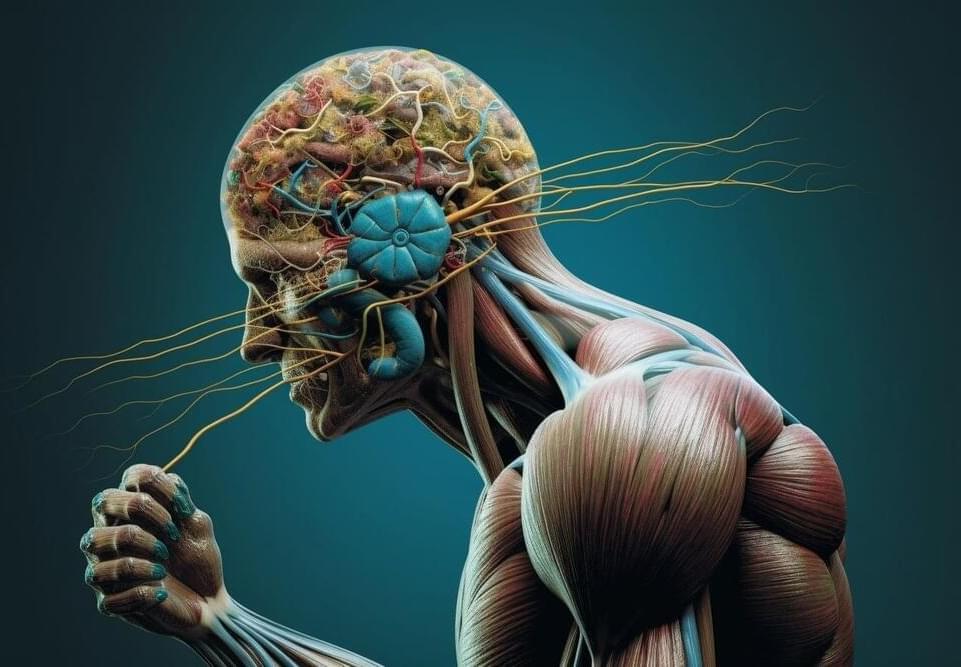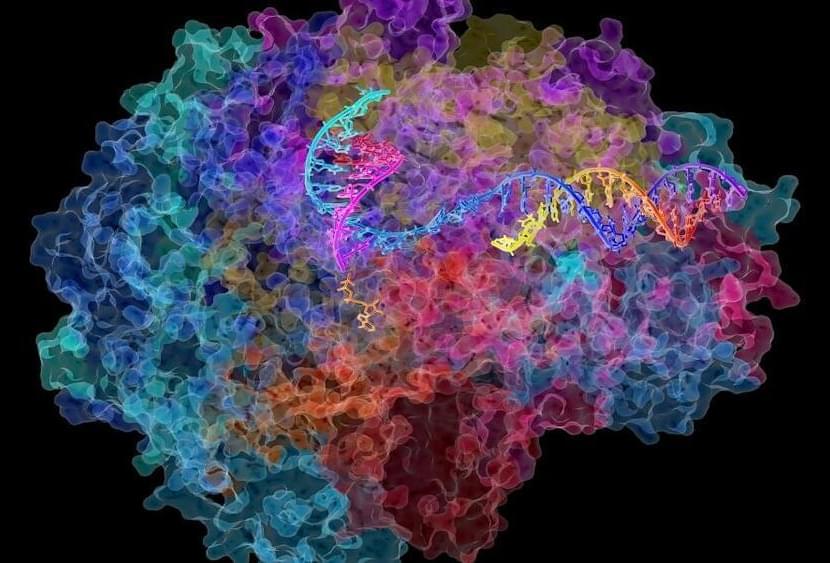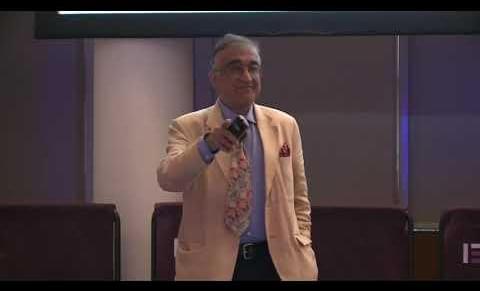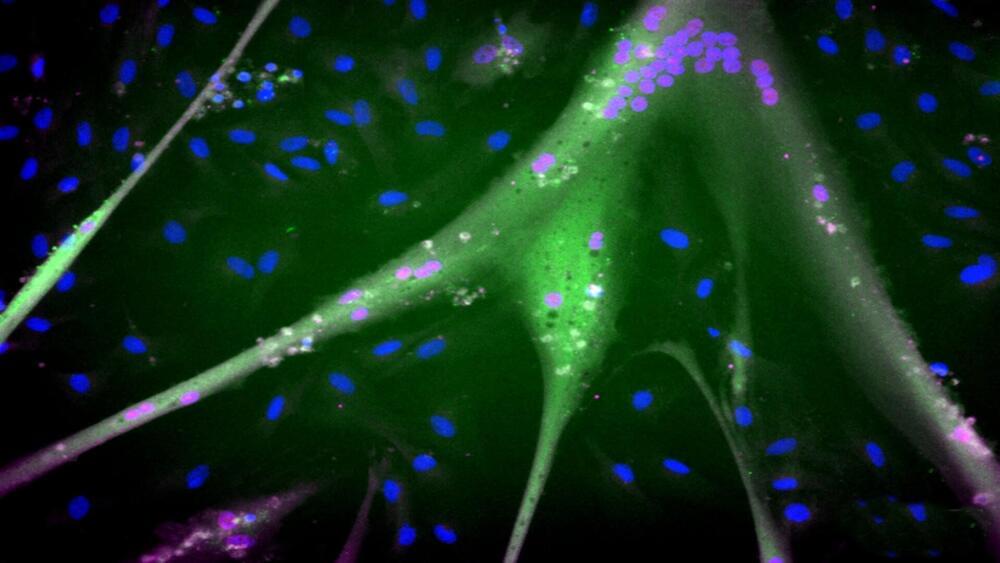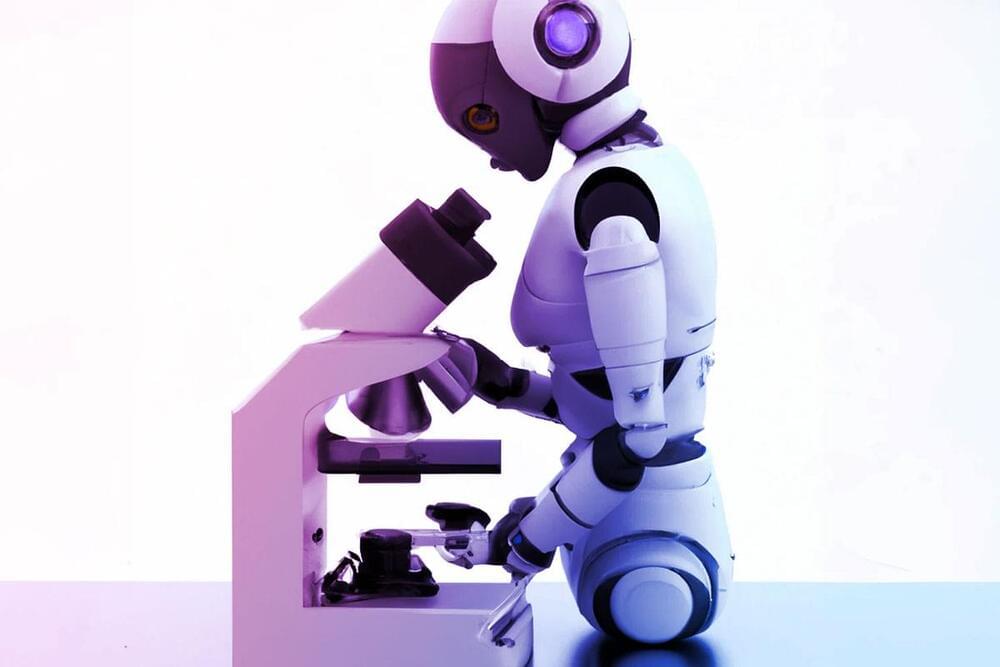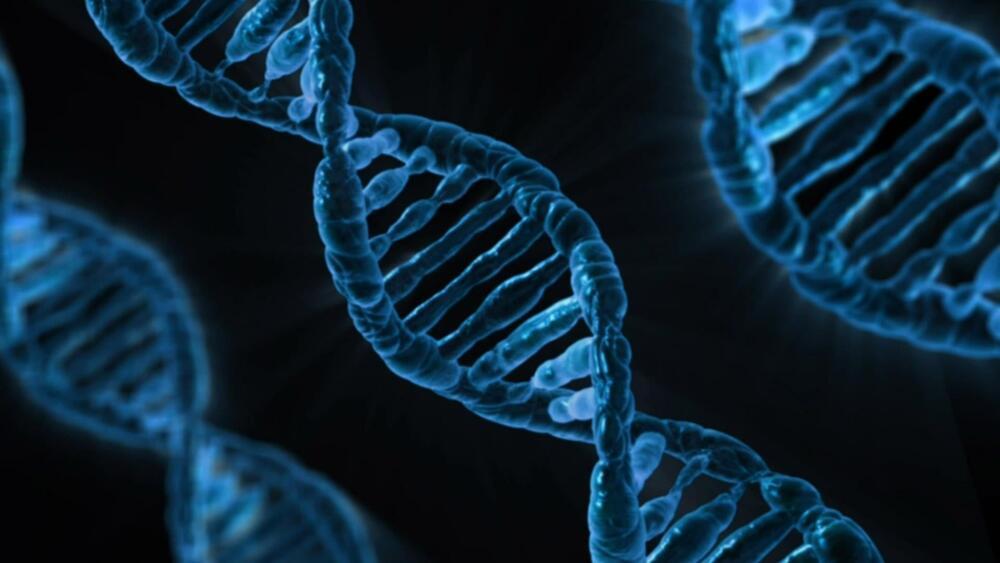May 14, 2023
Exercise and the Brain: The Neuroscience of Fitness Explored
Posted by Genevieve Klien in categories: life extension, neuroscience
Summary: The neuroscience of fitness explores how regular exercise profoundly impacts our brain and nervous system.
Exercise stimulates neurogenesis – the creation of new neurons – primarily in the hippocampus, influencing memory and learning while increasing key mood-regulating neurotransmitters. It also enhances brain plasticity, essential for recovery from injury and aging, and improves cognitive functions such as attention and memory.
Despite ongoing research, the current evidence underscores the powerful role of physical activity in promoting brain health and cognitive function, emphasizing the importance of integrating regular exercise into our lifestyles.
